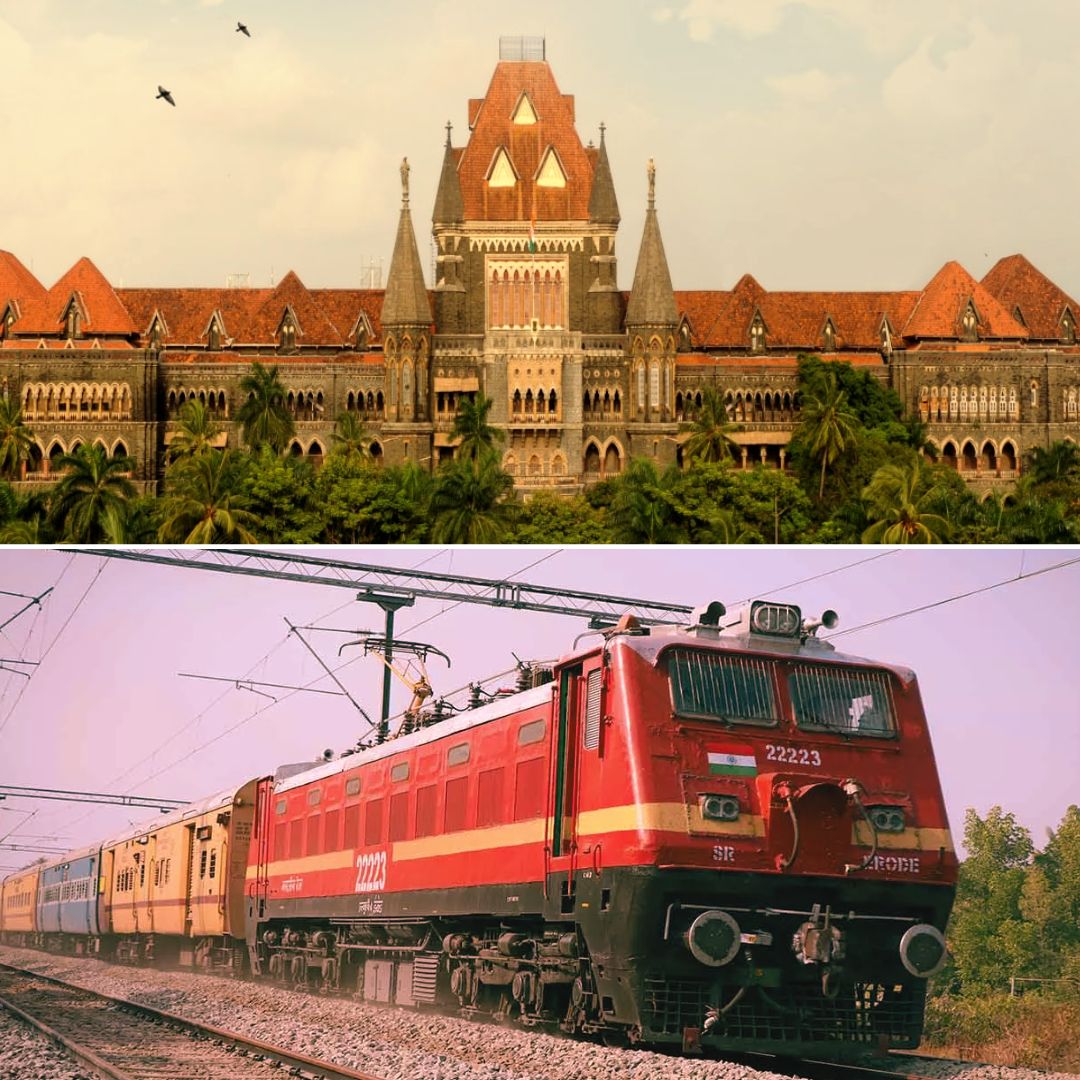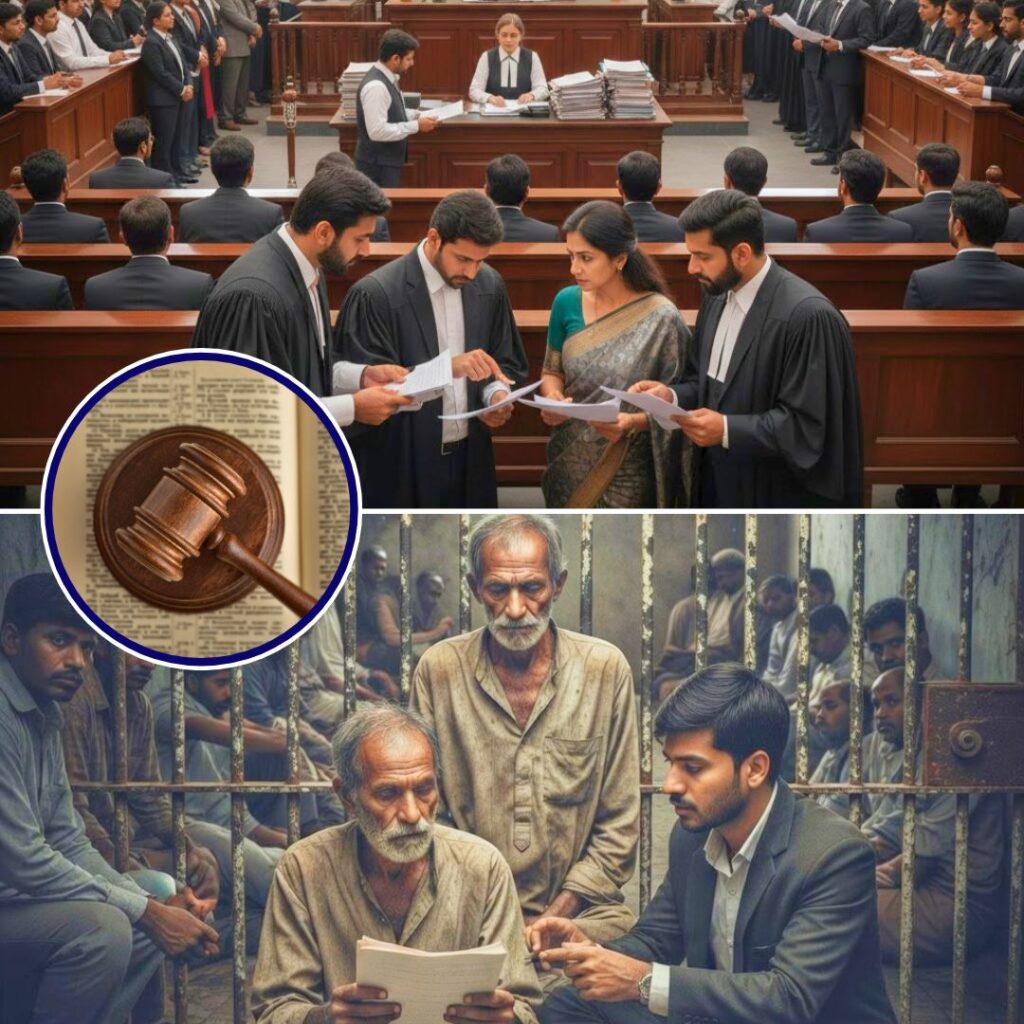The Bombay High Court has overturned a Railway Claims Tribunal order and directed Indian Railways to pay Rs 8 lakh compensation to the family of VJ Thakur, who tragically died after falling from a moving train following a sudden jerk while standing near the door at Kinwat station in October 2011.
The court ruled that the incident constitutes an “untoward incident” under the Railways Act, rejecting earlier claims that the death was due to the deceased’s negligence.
The compensation amount was enhanced in line with a 2016 amendment to the Railway Accidents and Untoward Incidents (Compensation) Rules, which doubled the payout from Rs 4 lakh to Rs 8 lakh. The Railways had contested the claim, citing negligence, but the court found no evidence of criminal negligence or intent, holding the Railways accountable for passenger safety.
Accident Details and Judicial Findings: A Landmark Ruling Upholding Passenger Rights
VJ Thakur, a resident of Nanded district, was travelling on the Adilabad-Tirupati-Krishna Express with a valid ticket when the train stopped at Kinwat station. While waiting near the door for the crowd to disperse, a sudden jerk caused him to lose balance and fall from the train, resulting in fatal injuries.
Initially, the Railway Claims Tribunal had dismissed the family’s compensation claim, attributing the accident to Thakur’s own negligence. However, upon appeal, the Bombay High Court took a more nuanced view. Justice Sandipkumar C More clarified that under the Railways Act, compensation is payable for untoward incidents unless there is proof of criminal negligence or intentional wrongdoing.
The court noted the absence of eyewitness evidence to prove negligence and emphasised that mere carelessness does not disqualify claimants. Applying the 2016 amendment that raised compensation limits, the court ordered the Railways to pay Rs 8 lakh to Thakur’s kin, setting a precedent for fair treatment of similar cases.
Background and Legal Context: Strengthening Passenger Safety and Accountability
This case is part of a growing body of judicial decisions affirming the rights of railway passengers and their families to timely and adequate compensation following accidents.
Earlier this year, in January 2025, the Bombay High Court awarded Rs 4 lakh each to the parents of a commuter who died after falling from an overcrowded Mumbai local train, overruling tribunal decisions that had denied compensation due to technicalities such as ticket validity and procedural delays.
Such rulings reflect the judiciary’s increasing insistence on holding Indian Railways accountable for passenger safety lapses and ensuring that compensation is not denied on narrow grounds.
Indian Railways has simultaneously been working on improving safety infrastructure, including installing advanced signalling systems, enhancing platform crowd management, and conducting public awareness campaigns to reduce accidents. However, incidents like Thakur’s death highlight the urgent need for continued vigilance and systemic reforms.
The Logical Indian’s Perspective
The Bombay High Court’s decision is a welcome affirmation that the Railways must uphold passenger safety as a non-negotiable priority and provide just redress to victims’ families without undue hurdles. It reminds us that behind every statistic is a human life and a grieving family deserving empathy and support.
While legal frameworks and compensation rules are vital, they must be complemented by proactive safety measures, effective communication, and transparent claims processes. At The Logical Indian, we believe that fostering a culture of kindness, accountability, and dialogue between authorities and citizens is essential to prevent such tragedies.
How can Indian Railways and policymakers work together with communities to enhance safety and ensure that families affected by accidents receive timely justice and compassion? We invite our readers to share their thoughts and experiences to build a safer, more empathetic travel environment for all.













